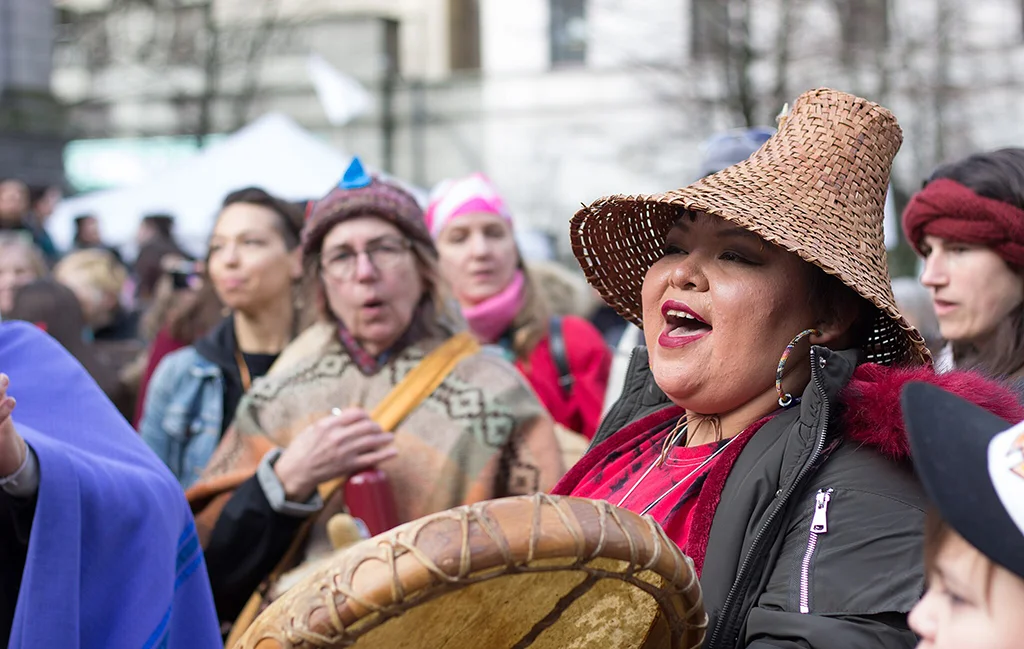British Columbia is facing a housing and addiction crisis that has left lives in the balance and policies under scrutiny. But a $30-million housing study led by Dr. Julian Somers has ignited a new debate—not just about how best to help those in need but also about whether evidence-based research is being sidelined in favour of political expedience. In a move that has raised eyebrows and sparked controversy, a pivotal database underpinning the study’s findings was ordered destroyed, leaving questions about the province’s motives unanswered.
The Study That Challenges the Status Quo
Dr. Julian Somers, a renowned psychologist and professor at Simon Fraser University, led one of Canada’s most comprehensive housing studies. The study explored how different housing models impact individuals struggling with homelessness, addiction, and mental health issues. The randomized trial tracked 497 participants over six years, dividing them into three groups: those given choice-based, scattered housing, those placed in congregate supportive housing, and those left to navigate homelessness without intervention.
The results were not what many in government circles had anticipated. Participants in the choice-based housing model—where individuals selected their accommodations and received tailored support—showed dramatic improvements. Reduced substance use, better mental health outcomes, and a significant 71% drop in criminal convictions revealed the potential of autonomy as a driver of recovery.
Conversely, congregate housing models, while offering on-site services, often left residents feeling isolated and stigmatized. For the homeless group, the outcomes were predictably grim. These findings seemed to counter BC’s current emphasis on group housing as the cornerstone of its housing strategy. Dr. Somers did not mince words, stating that choice-based housing respects the individual and fosters healthier social norms—an assertion that may not align with the province’s narrative.
The Destruction of Evidence
In 2021, just weeks after Dr. Somers presented his findings to the provincial government, BC Corrections issued a directive to destroy the Inter-Ministry Evaluation Database, a unique trove of data spanning health, criminal justice, and social service records for 250,000 individuals. For years, this dataset had been central to Somers’ work, allowing him to link housing interventions to broader societal outcomes, including reductions in crime and emergency healthcare use.
The official explanation? The government argued that the data was being integrated into a new Data Innovation Program designed to enhance accessibility for researchers. Yet, Somers contends that this new system excludes critical justice data, rendering it insufficient for studying links between housing policies and criminal justice outcomes. “Since our database was destroyed, no one else is doing [this kind of research] in BC,” Somers remarked, highlighting the vacuum left in the wake of the decision.
The timing of the destruction raises questions. Was this an act of administrative prudence or a calculated move to suppress findings that challenge the government’s preferred policies? The Ministry of Public Safety and Solicitor General maintains that the move was procedural, but critics argue that it reflects a growing divide between political priorities and scientific evidence.
The Political Drive Behind Group Housing
British Columbia has committed billions to addressing its housing and addiction crises, focusing heavily on congregate housing models. These facilities, designed to centralize care with on-site services such as overdose prevention, are at the heart of the province’s $12-billion Homes for People plan. Advocates of this approach argue that it allows for efficient resource allocation, with care teams readily available to address residents’ needs.
But efficiency may come at a cost. Residents in such facilities often report feeling cut off from broader society, their struggles magnified by the stigma of living in heavily surveilled environments. Critics also note that congregate housing can act as a revolving door for addiction and homelessness, with limited pathways to independent living.
“There’s a lack of trust in letting people make their own choices,” one advocate observed, pointing to a perceived reluctance within government circles to embrace decentralized, choice-driven models like those championed in Somers’ study. While group housing may address immediate safety concerns, the lack of autonomy embedded in the model can hinder long-term recovery and integration into society.
What the Lost Data Means for British Columbia
The destruction of the Inter-Ministry Evaluation Database goes beyond a single study—it represents a loss of evidence that could have informed future policies. Housing, addiction, and mental health are deeply interconnected, and data linking these issues to outcomes like reduced criminal activity or emergency care use is critical for crafting effective strategies. Without this data, policymakers are left navigating a crisis with fewer tools, increasing the risk of perpetuating ineffective approaches.
Observers point to a broader issue: the tension between evidence-based policymaking and the political need to deliver visible, short-term results. Dr. Somers’ study, while scientifically rigorous, challenges deeply ingrained assumptions about how to address homelessness and addiction. These findings may have been seen as inconvenient or disruptive for a government invested in congregate housing.
BC’s housing crisis is undeniably complex. The Downtown Eastside, often seen as a microcosm of these challenges, reveals the limitations of both Housing First and group housing models when applied in isolation. Effective solutions require a nuanced understanding of individual needs, systemic barriers, and the interplay between housing, health, and community integration.
The absence of comprehensive research further complicates public debates. With limited access to nuanced data, advocacy groups, residents, and researchers are left grappling with polarizing narratives that often obscure the complexity of the issues at hand.
A System in Need of Accountability
The controversy surrounding Dr. Somers’ study and the destruction of key data underscores a critical need for greater transparency in how housing and addiction policies are shaped. If governments are unwilling to engage with findings that challenge their strategies, they risk alienating researchers and advocates while missing innovation opportunities.
While well-funded, BC’s current strategy reflects a one-size-fits-all approach that struggles to address the diverse needs of those it seeks to help. As the housing crisis deepens, the province must contend with the limitations of group housing models and explore alternatives that prioritize individual choice and community integration. Dr. Somers’ findings highlight the potential for decentralized, choice-based approaches, but these solutions may remain out of reach without political will and access to robust data.
The destruction of the database raises an unsettling question: are governments willing to suppress evidence that undermines their chosen course? In BC, where lives hang in the balance, the answer to that question carries profound implications—not just for housing policy, but for the integrity of the decision-making process itself.
An Opaque Truth and Unanswered Questions
This article, grounded in materials presented by Canadian Affairs, sheds light on a story far from resolved. Dr. Julian Somers’ groundbreaking research, built on years of meticulous data collection, paints a vision of housing and recovery that challenges entrenched policy frameworks. Yet, the sudden destruction of the database essential to this study, paired with the lack of transparency from the BC Ministry of Public Safety and Solicitor General leaves a troubling void.
Why would a government committed to tackling homelessness and addiction move to dismantle a resource capable of informing innovative, evidence-based solutions? Without direct statements from BC Corrections or the Ministry, we are left to piece together a narrative through public sources and expert analysis. What emerges is a picture of a government that may prioritize its chosen course over confronting inconvenient truths—a choice that could undermine long-term progress.
The stakes are not abstract. The lives of individuals struggling with addiction, mental health, and homelessness hang in the balance, as does the public’s trust in those tasked with governing. Whether this act was procedural or calculated, it questions the relationship between science and policy in British Columbia. One question lingers as we consider the implications: if evidence can be swept aside when it doesn’t fit the prevailing narrative, what else might be lost in the process?
Glenn is dedicated to scrutinizing government actions affecting the Downtown Eastside and holding those in power accountable for their commitments. With a focus on transparency and policy analysis, his writing aims to expose gaps between promises and outcomes, pushing for meaningful changes that benefit the community.







Leave a Comment